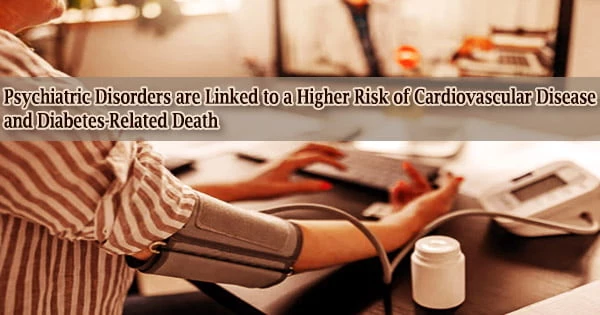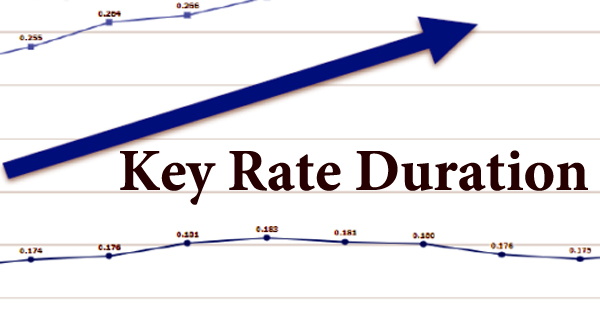According to a new study published January 27th in PLOS Medicine by Seena Fazel of the University of Oxford, UK, and colleagues, individuals with chronic, non-communicable diseases have a more than doubled chance of death if they also have psychiatric comorbidity.
Psychiatry is a medical specialty that deals with mental, emotional, and behavioral issues. As a result, the phrase “psychiatric disorder” encompasses a wide range of issues that affect a person’s thoughts, feelings, behavior, or mood.
Psychiatric diseases, sometimes known as “mental illness” or “mental health issues,” can have a substantial impact on a person’s ability to perform at work or school, as well as maintain healthy social interactions. Note: Mental illness is not a sign of weakness. It’s a medical problem.
Psychiatric problems can be treated, however, the most successful therapies differ from person to person, depending on the disorder and the scope and intensity of the symptoms.
Noncommunicable diseases like diabetes and heart disease are a global public health issue, with an estimated 40 million extra deaths per year.
We used electronic health records to investigate over 1 million patients diagnosed with chronic lung diseases, cardiovascular diseases, and diabetes. More than 7% of the patients died of any cause within five years and 0.3% died from suicide risks that were more than doubled in patients with psychiatric comorbidities compared to those without such comorbidities.
Seena Fazel
Researchers used national registers in Sweden to look at more than 1 million individuals with chronic lung disease, cardiovascular disease, and diabetes who were born between 1932 and 1995. More than a quarter (25-32%) of the patients in the study, on average, had a lifetime diagnosis of a psychiatric condition.
7% (range 7.4%-10.8%; P<0.001) of the participants in the research died from any cause within 5 years after diagnosis, and 0.3% (0.3%-0.3%; P<0.001) died by suicide. When compared to those without such conditions (5.5%-9.1%), those with comorbid psychiatric disorders had a higher all-cause mortality rate (15.4%-21.1%).
When the researchers matched each patient to an unaffected sibling to account for family risk variables, mental comorbidity remained persistently linked to higher risks of premature mortality and suicide (adjusted HR range: aHRCL=7.2 (95% CI: 6.8-7.7; P<0.001) to aHRCV =8.9 (95% CI: 8.5-9.4; P<0.001)).
Mortality risks were increased by 8.3-9.9 times in those with concomitant drug use disorder compared to unaffected siblings, and by 5.3-7.4 times in those with comorbid depression compared to unaffected siblings.
Mental health illnesses do not have a one-size-fits-all treatment. Even two patients with the same disease can benefit from therapies that are radically different. Some patients find relief right away when they attempt a new treatment. Others may attempt several different therapy combinations before settling on the one that works best for them.
The study’s use of population-based registries to identify patients indicates that mental comorbidities were diagnosed in speciality care settings, potentially missing undiagnosed people and those with less severe psychiatric disorders.
“Improving assessment, treatment, and follow-up of people with comorbid psychiatric disorders may reduce the risk of mortality in people with chronic non-communicable diseases,” the authors say.
“We used electronic health records to investigate over 1 million patients diagnosed with chronic lung diseases, cardiovascular diseases, and diabetes,” Fazel adds.
“More than 7% of the patients died of any cause within five years and 0.3% died from suicide risks that were more than doubled in patients with psychiatric comorbidities compared to those without such comorbidities.”
















